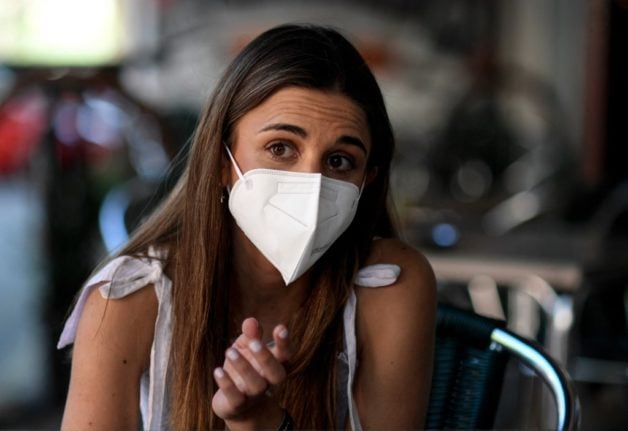Norway’s Covid measures, introduced in mid-December and including a nationwide ban on the sale of alcohol, people being asked to work from home and red level in high schools, could be tweaked by Friday, January 14th.
Prime Minister Jonas Gahr Støre said that that the government has a balancing act to maintain between stopping the healthcare system from being overrun by a wave of infection and trying to make sure measures don’t impact day to day life.
“We have to have control throughout this wave of infection that we are expecting,” Store said to public broadcaster NRK on Monday.
“At the same time as this, we (will) try to ease restrictions as much as possible for people out there, especially children and young people,” he added.
Two areas the government could tweak are the nationwide alcohol ban and high schools being placed at the red level, which means partial home-schooling for students.
Education state secretary Hallvard Hølleland said that the government intends to move high schools away from red level while making the yellow level, which sees measures such as smaller class sizes, more fit for purpose.
“We want to change traffic lights in high school from red to yellow. There must be a yellow level that makes it possible for students to be present a lot, at the same time as we ensure infection control,” Hølleland told NRK on Monday.
According to the public broadcaster’s report, the changes to how the traffic light system work in schools could come before the rest of the current restrictions are looked at.
Another restriction that may be subject to change is the nationwide ban on the sale of alcohol in bars, hotels and restaurants.
Finance minister Trygve Slagsvold Vedum earlier said the government wants to lift the alcohol ban if professional advice allows.
“If there is no heavy professional advice against it, then we must relax the alcohol ban this week. The norm must be to have as much of society as open as possible,” Vedum told newspaper Dagbladet on Sunday.
Støre said that he would be open to lifting the ban if professional advice suggested it was safe to do so. Government decisions throughout the pandemic have relied on advice from the Norwegian Institute of Public Health (NIPH) and the Norwegian Directorate of Health.
The government currently hasn’t outlined what it could do regarding working from home, social distancing and the use of face masks.
The PM told NRK that Covid certificates would also be reviewed but added that a decision wouldn’t be made this week.




 Please whitelist us to continue reading.
Please whitelist us to continue reading.
Member comments